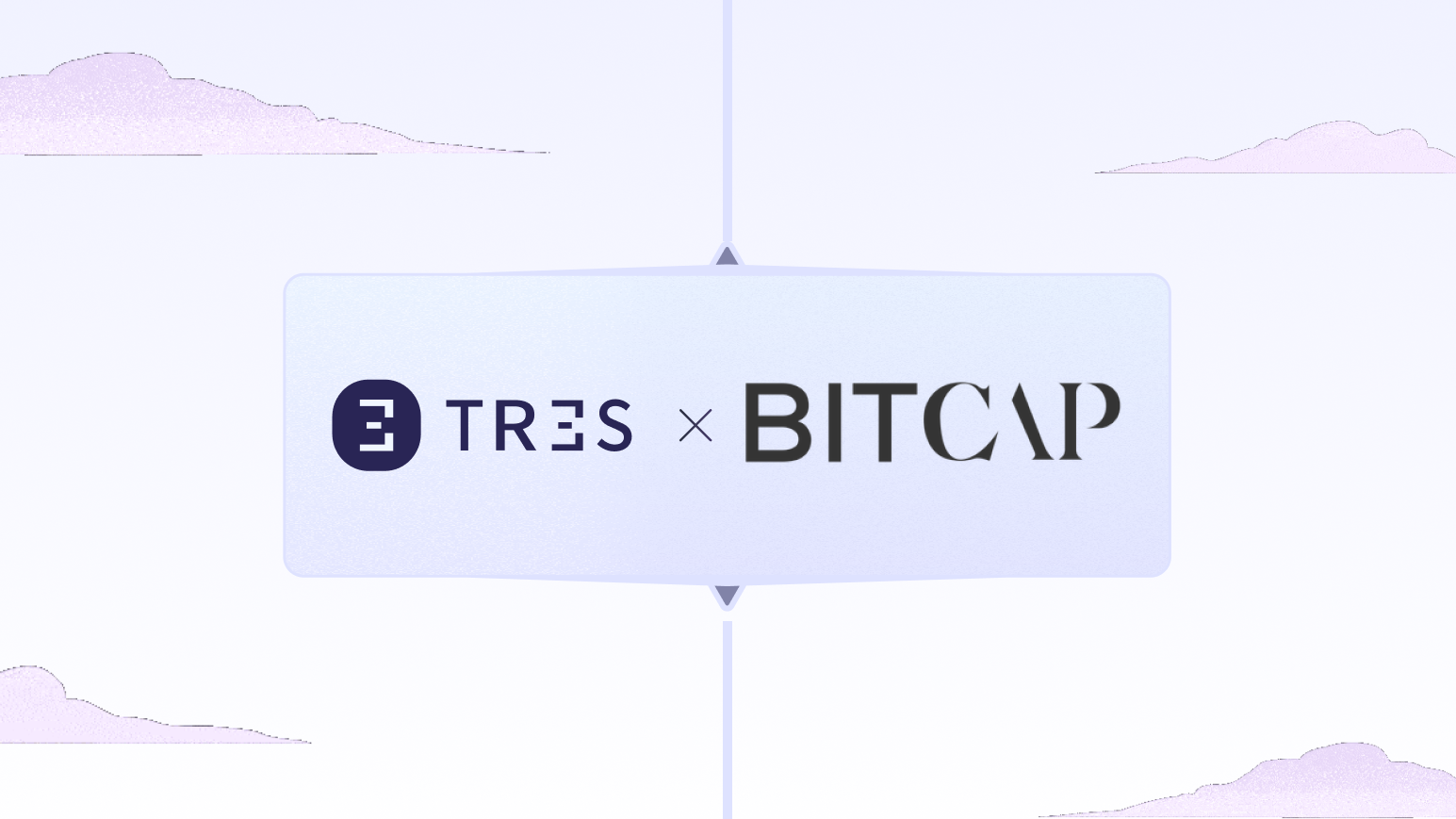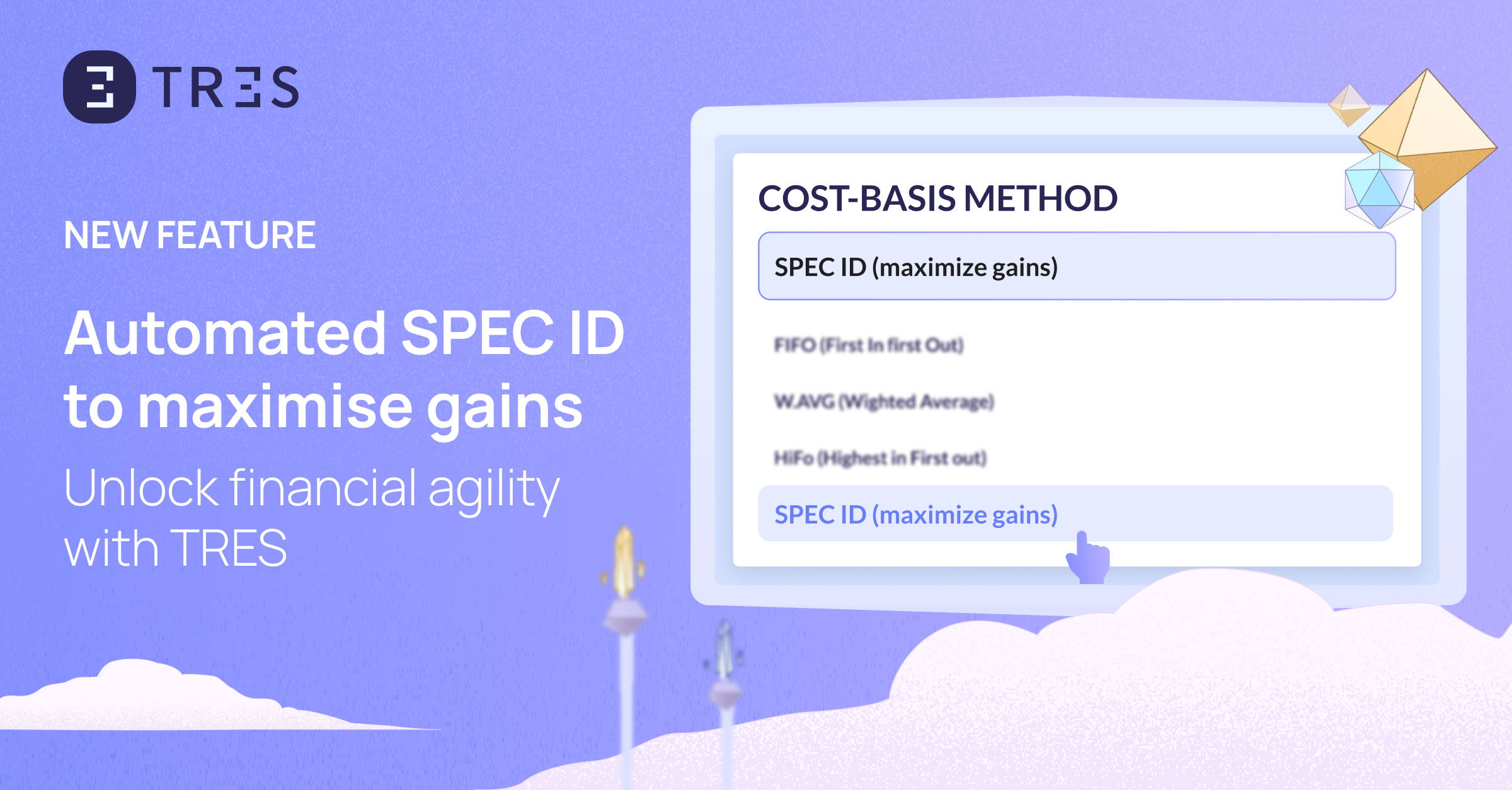Ethereum Classic (ETC) is a blockchain-based distributed computing platform that offers smart contract (scripting) functionality. It is a fork of Ethereum, created after the DAO hack in 2016. ETC is a decentralized platform, meaning that it is not controlled by any single entity. It is also an open-source project, meaning that its code is freely available to anyone to use or modify.
ETC is similar to Ethereum in many ways, but it differs in one key way: ETC did not roll back the blockchain after the DAO hack. This means that the hack is still part of the ETC blockchain, and the stolen funds are still in circulation.
ETC has a smaller community and ecosystem than Ethereum, but it is still a viable platform for building decentralized applications. It is also a more affordable platform for users, as transaction fees are typically lower than on Ethereum.
Here are some of the key features of Ethereum Classic:
- Smart contracts: ETC supports smart contracts, which are self-executing contracts that can be used to automate a variety of tasks.
- Decentralized: ETC is a decentralized platform, meaning that it is not controlled by any single entity.
- Open source: ETC is an open-source project, meaning that its code is freely available to anyone to use or modify.
- Low fees: ETC transaction fees are typically lower than on Ethereum.
- Immutability: The ETC blockchain is immutable, meaning that it cannot be changed or tampered with.
Supported features
Supported
Supported
Supported
Supported

